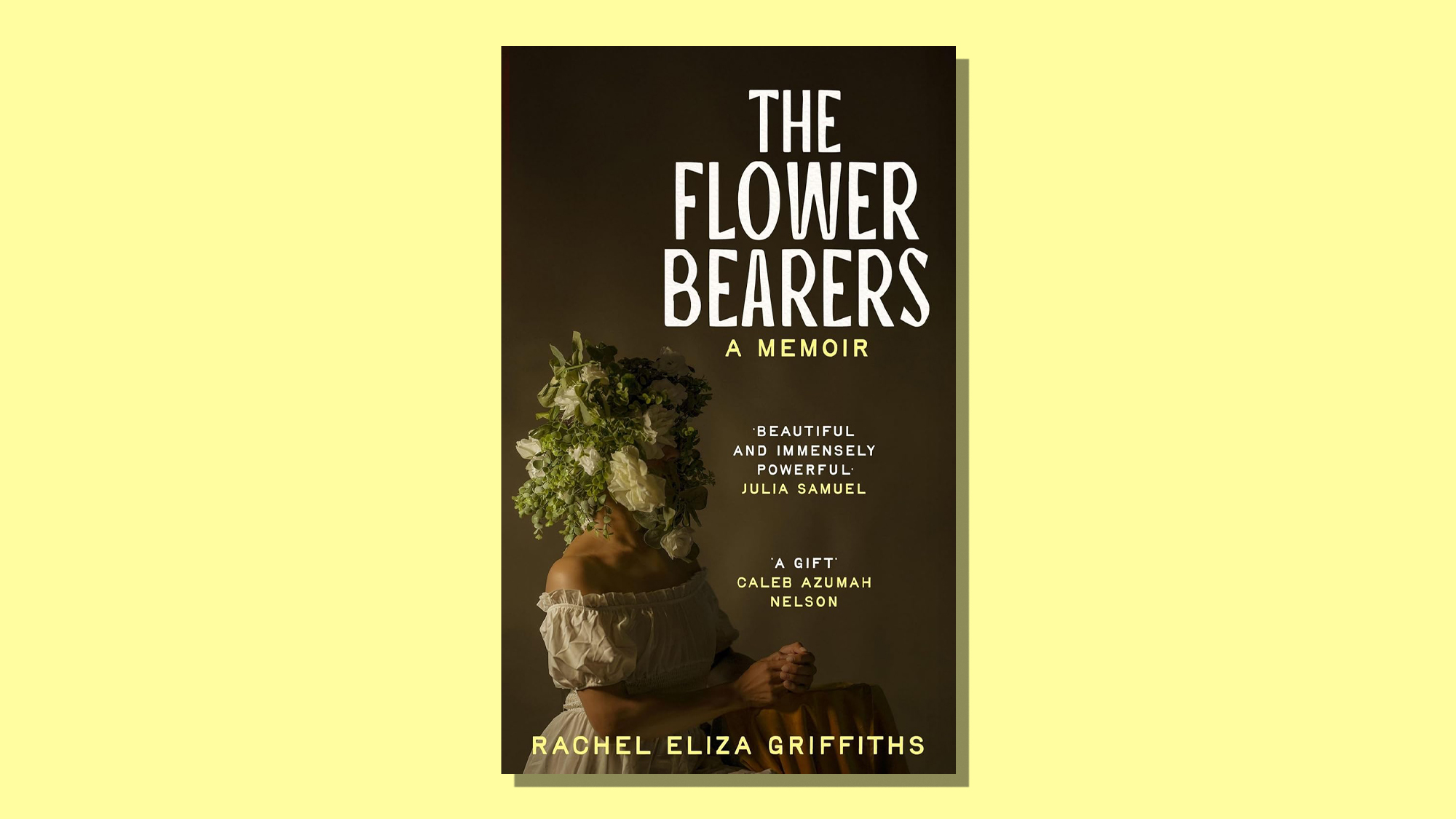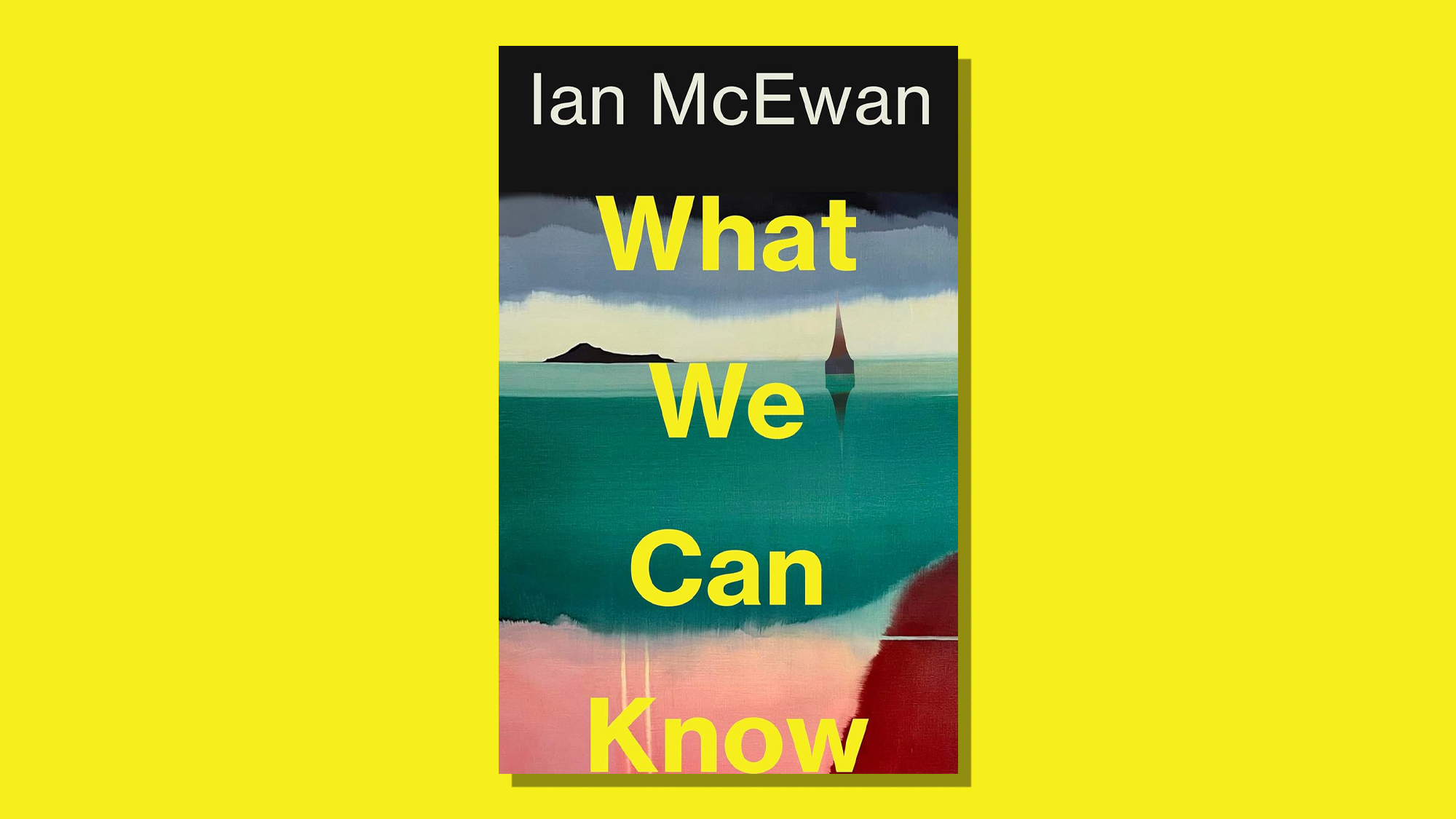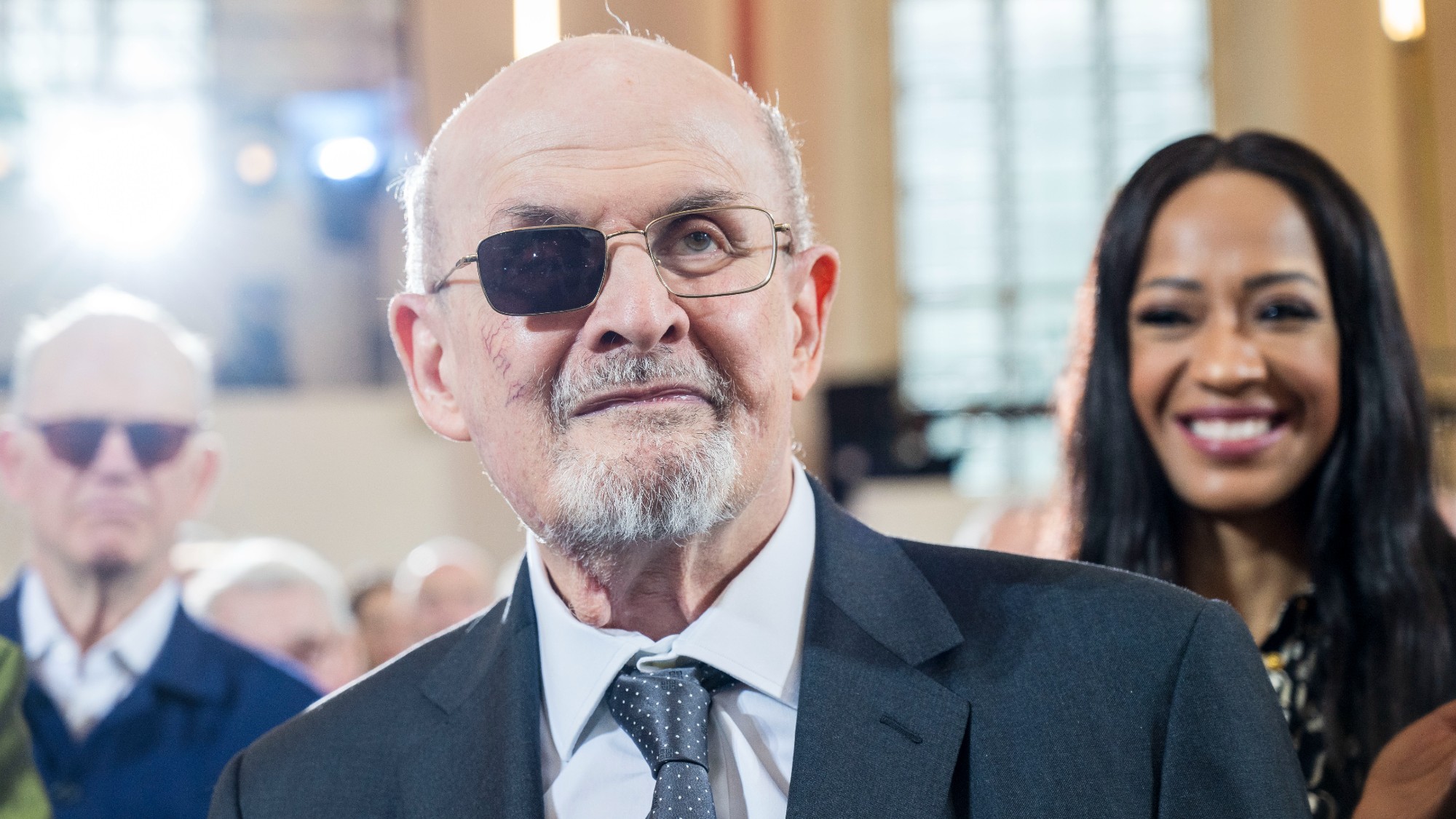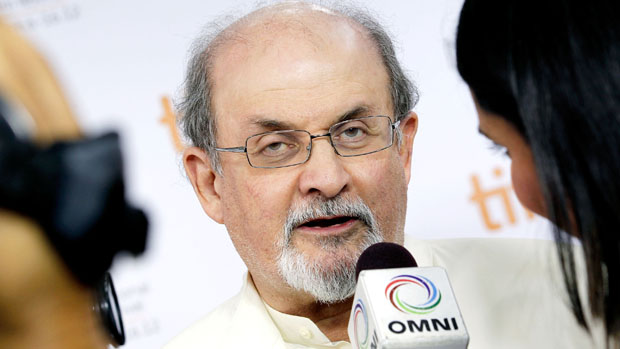Deborah Rogers was here: death of a literary lioness
Legendary agent will be missed by some of world's best novelists – McEwan, Ishiguro, Kenneally et al
A free daily email with the biggest news stories of the day – and the best features from TheWeek.com
You are now subscribed
Your newsletter sign-up was successful
THE untimely death of the legendary literary agent Deborah Rogers has stunned the publishing world. She was a friend and supporter of countless brilliant novelists, beloved wife of the composer Michael Berkeley and mother of Jessica. She suffered a sudden and fatal heart attack on Wednesday night.
Given the quality of the writers she represented, the eulogies are bound to be powerful and beautifully expressed, once the shock has passed. For the moment, Kazuo Ishiguro speaks for many when he says: “I'm groping for consolations in the face of this loss, but one of them is that she departed absolutely at the top of her game, knowing no decline.
"In the last few months, she was sharper, wiser, more energetic than at any time in the 34 years I've known her."
The Week
Escape your echo chamber. Get the facts behind the news, plus analysis from multiple perspectives.

Sign up for The Week's Free Newsletters
From our morning news briefing to a weekly Good News Newsletter, get the best of The Week delivered directly to your inbox.
From our morning news briefing to a weekly Good News Newsletter, get the best of The Week delivered directly to your inbox.
By some fluke of fate, many of her writers, fellow agents and publishers were able to express their thanks and admiration just a few weeks ago when she became the first agent to be honoured with the London Book Fair's lifetime achievement award.
Gail Rebuck, chair of Penguin Random House UK, used the occasion to praise not only Deborah's pioneering spirit in setting up her own agency in 1967 (it became Rogers, Coleridge and White) and keeping it going into her 70s, but her capacity for nurturing her writers' careers.
"Her genius has been not only to negotiate and develop their careers with their chosen publishers, but also to care passionately about every aspect of their lives. Deborah also has an unfailing eye for recognising and encouraging editorial talent."
The novelist Ian McEwan, represented by Deborah since the early days of The Cement Garden and The Comfort of Strangers, said at the same event: "She's looked after me for most of my writing life, and I think I'm beginning to understand that her genius as an agent is simply an extension of her character.
A free daily email with the biggest news stories of the day – and the best features from TheWeek.com
"To her writers she extends infinite care, kindness, hospitality, patience, fierce loyalty, very sound critical judgment and good taste. To the publishers she deals with, she offers much the same, which is how she generally comes away with what she wants."
It's hard to believe now that these tributes were made while Deborah – who would much rather have attended a prize-giving for one of her writers than to mark her own contribution – was still very much alive.
She was one of the first real grown-ups I met when I came to London as a young journalist in the 1970s, barely aware of what a literary agent was and how important they can be to a writer's career and wellbeing.
She could not have been more kind or generous with her time: as McEwan said, she never conformed to the archetype of "the hard-edged calculating agent". (It is telling that even after Salman Rushdie dumped her for the hotshot New York agent Andrew Wylie, she still offered to protect him during the fatwa.)
Yet she was clearly brilliant at her job and – this cannot be said of all agents – had impeccable taste: she never recommended a book that wasn't excellent; but of course, she rarely if ever represented a writer who was not either at the top of their game or who displayed real promise.
When I climbed the Fleet Street ladder and was able to commission novelists to write newspaper and magazine articles, she helped me with introductions and wise suggestions.
Her Christmas parties and impromptu publishing dos were extraordinary for the quality of talent squeezed into a London office, first on Mortimer Street and later in Powis Mews.
Mingling with the likes of McEwan and Ishiguro, you might find the Irish short story genius Bernard MacLaverty, the London author and critic Paul Bailey, Bruce Chatwin and Angela Carter (in their days), or international stars like Thomas Keneally and - a man would become not only a close friend because of Deborah's introduction, but later my father-in-law - Mordecai Richler.
One of the reasons why I have never tried seriously to write a novel is that I have never dared show it to either Mordecai or Deborah.
Last word to one of Deborah's fellow agents, Peter Straus. "The world without Deborah is totally unimaginable," he said. "She defined literary taste."
Nigel Horne is Comment Editor of The Week.co.uk. He was formerly Editor of the website until September 2013. He previously held executive roles at The Daily Telegraph and The Sunday Times.
-
 The environmental cost of GLP-1s
The environmental cost of GLP-1sThe explainer Producing the drugs is a dirty process
-
 Greenland’s capital becomes ground zero for the country’s diplomatic straits
Greenland’s capital becomes ground zero for the country’s diplomatic straitsIN THE SPOTLIGHT A flurry of new consular activity in Nuuk shows how important Greenland has become to Europeans’ anxiety about American imperialism
-
 ‘This is something that happens all too often’
‘This is something that happens all too often’Instant Opinion Opinion, comment and editorials of the day
-
 The Flower Bearers: a ‘visceral depiction of violence, loss and emotional destruction’
The Flower Bearers: a ‘visceral depiction of violence, loss and emotional destruction’The Week Recommends Rachel Eliza Griffiths’ ‘open wound of a memoir’ is also a powerful ‘love story’ and a ‘portrait of sisterhood’
-
 What We Can Know: Ian McEwan’s ‘most entertaining and enjoyable novel for years’
What We Can Know: Ian McEwan’s ‘most entertaining and enjoyable novel for years’The Week Recommends The acclaimed writer’s ambitious new book sets out a ‘richly imagined’ vision of post-apocalyptic Britain
-
 September's books tell of friendship in middle age, teachers versus fascists, and Covid psychosis
September's books tell of friendship in middle age, teachers versus fascists, and Covid psychosisthe week recommends September books include Angela Flournoy's 'The Wilderness,' Randi Weingarten's 'Why Fascists Fear Teachers' and Patricia Lockwood's 'Will There Ever Be Another You'
-
 Knife: Salman Rushdie's 'mesmeric memoir' of brutal attack
Knife: Salman Rushdie's 'mesmeric memoir' of brutal attackThe Week Recommends The author's account of ordeal which cost him his eye is both 'scary and heartwarming'
-
 Best books of 2019 to give or recieve this Christmas
Best books of 2019 to give or recieve this ChristmasThe Week Recommends Recommended festive reads range from Ian McEwan’s latest novel to this year’s two Booker Prize winners
-
 Salman Rushdie accidentally reveals his least favourite books
Salman Rushdie accidentally reveals his least favourite booksSpeed Read Rushdie posts critical reviews on social media book group, thinking that his ratings would be private